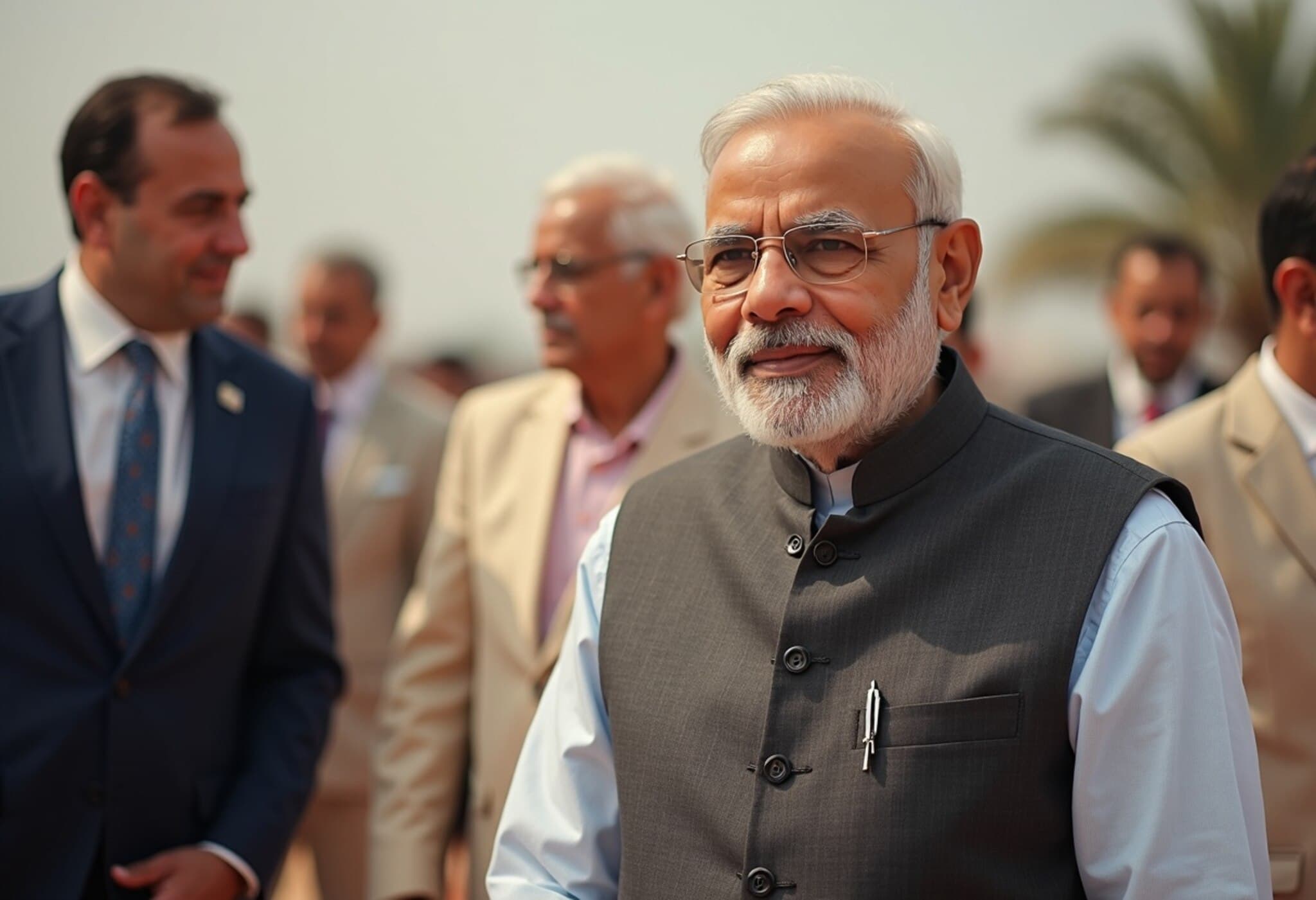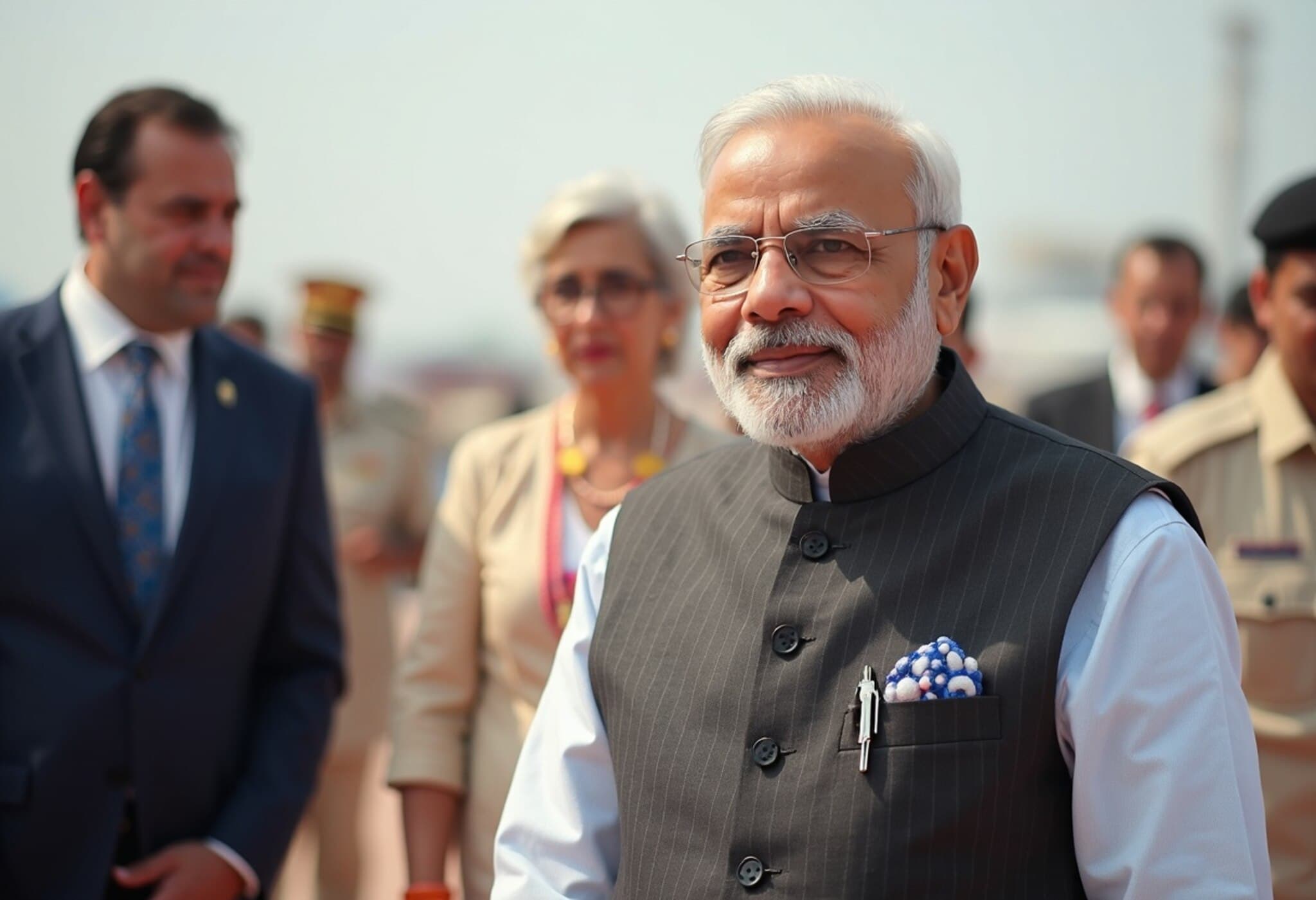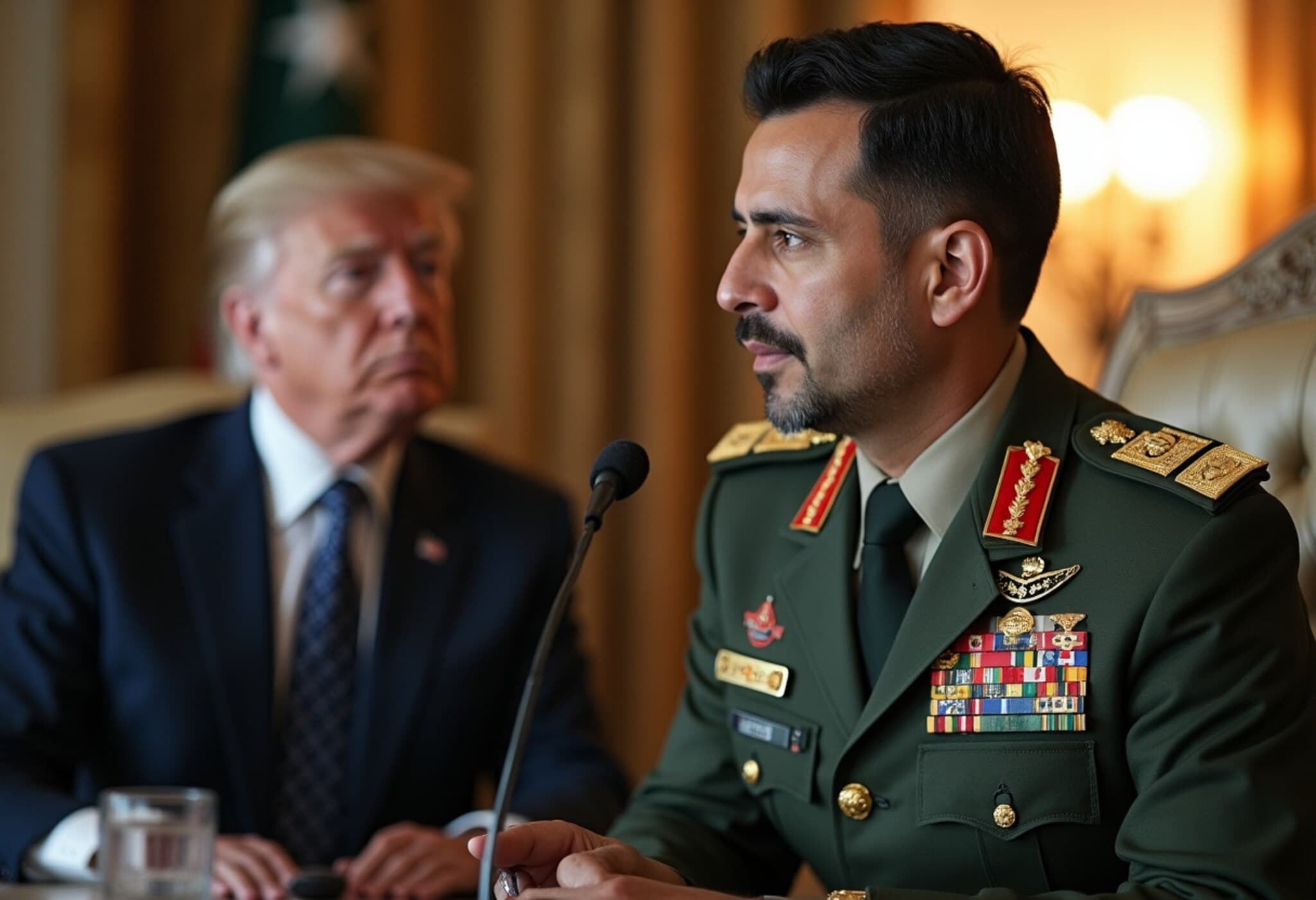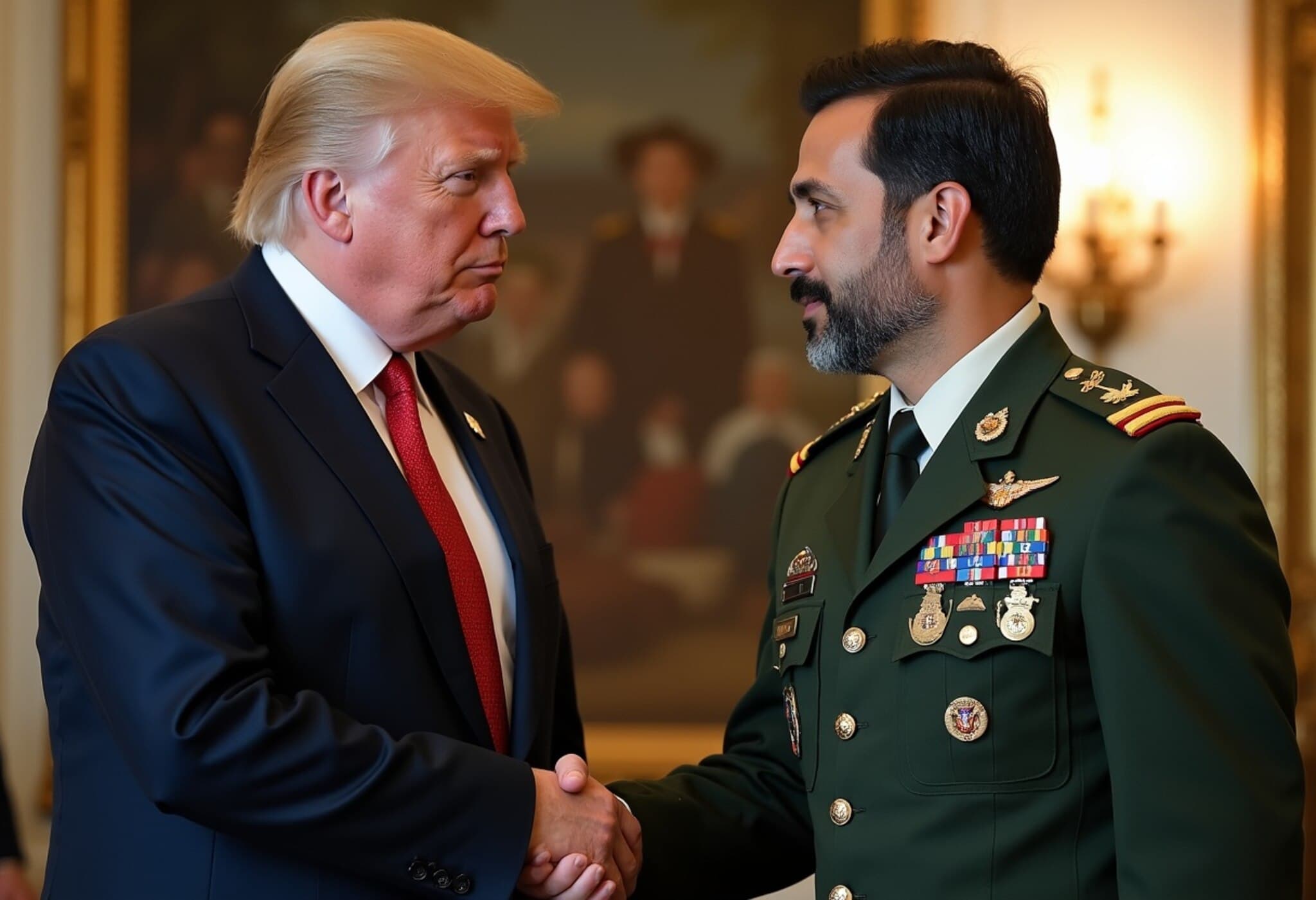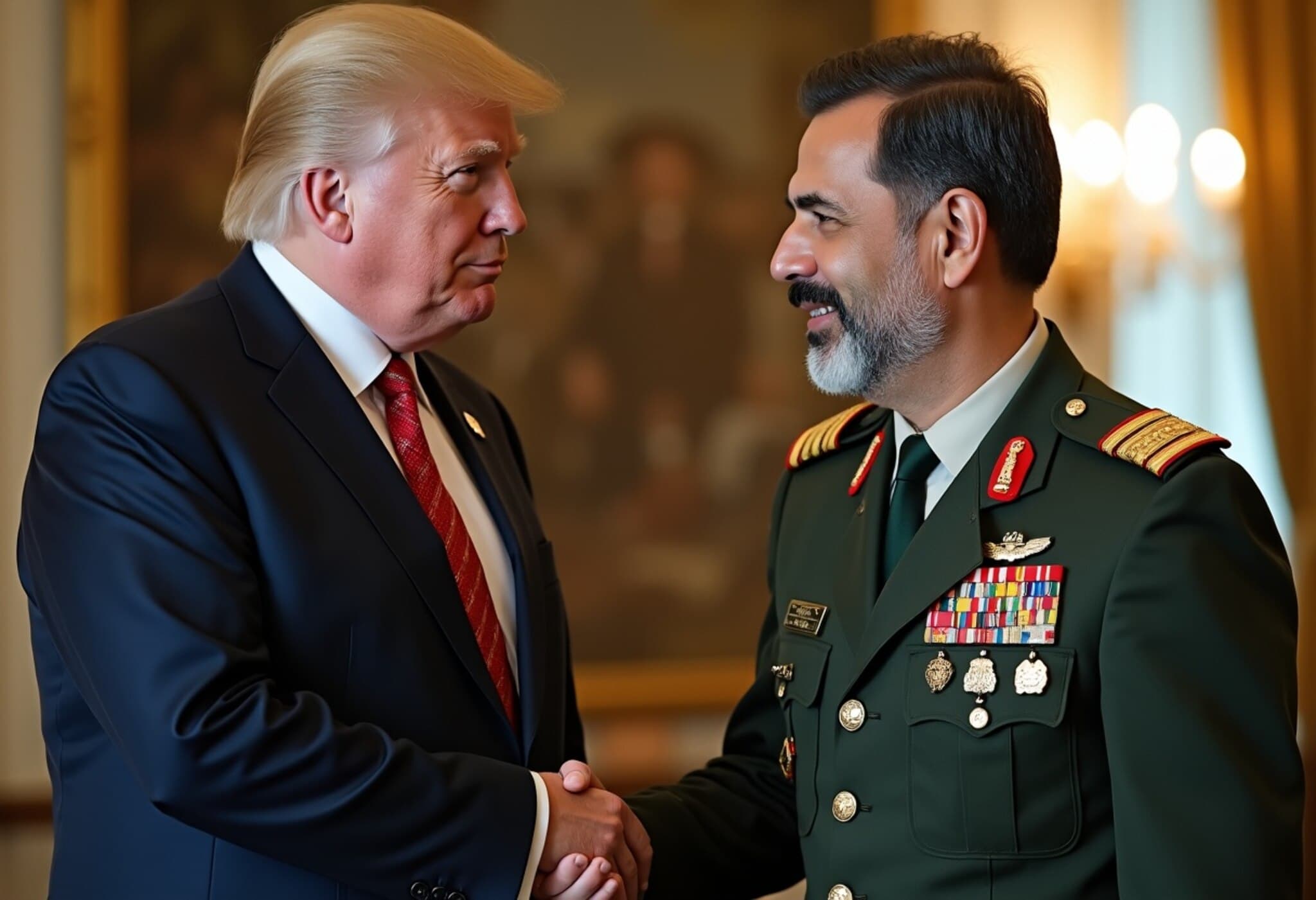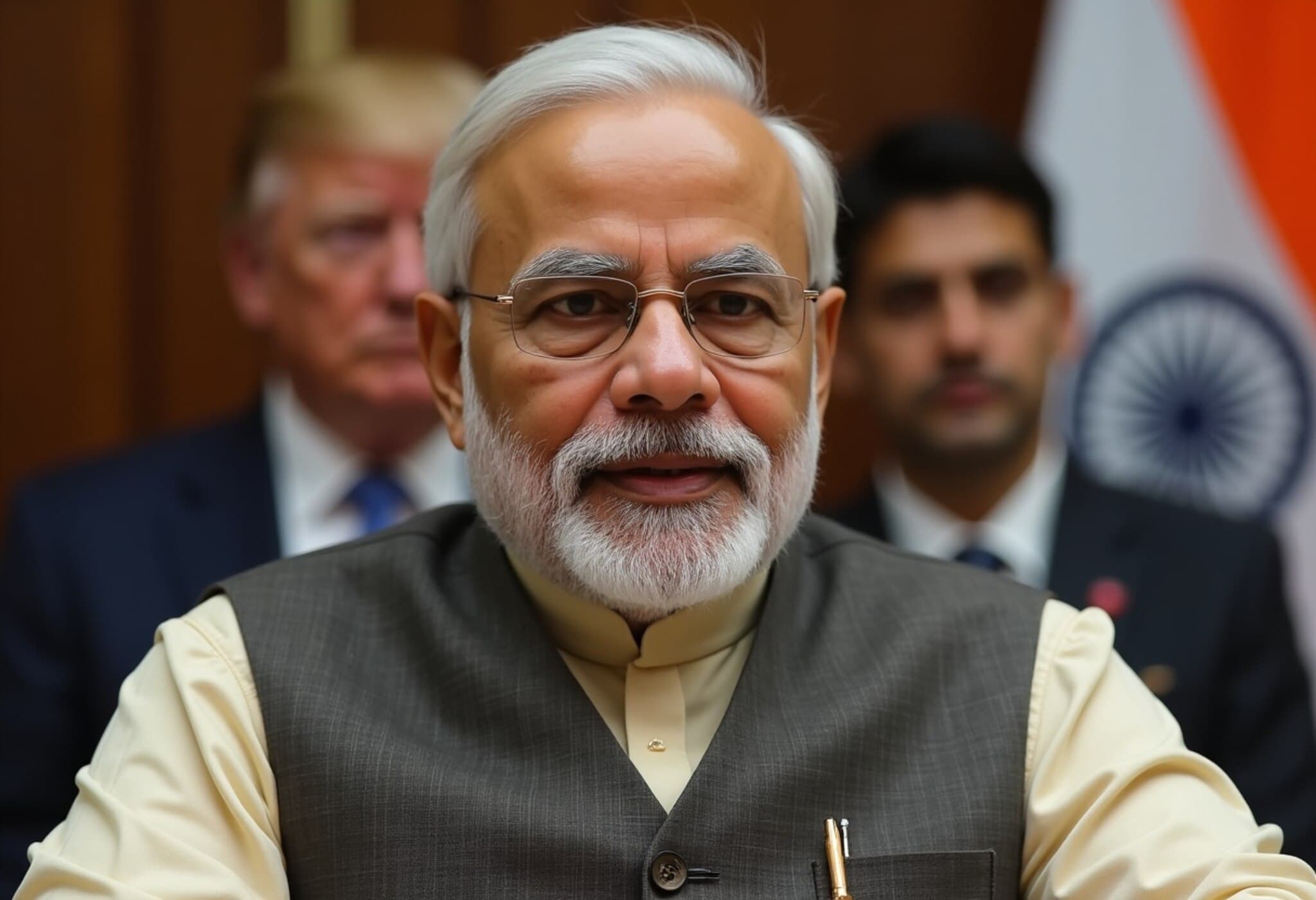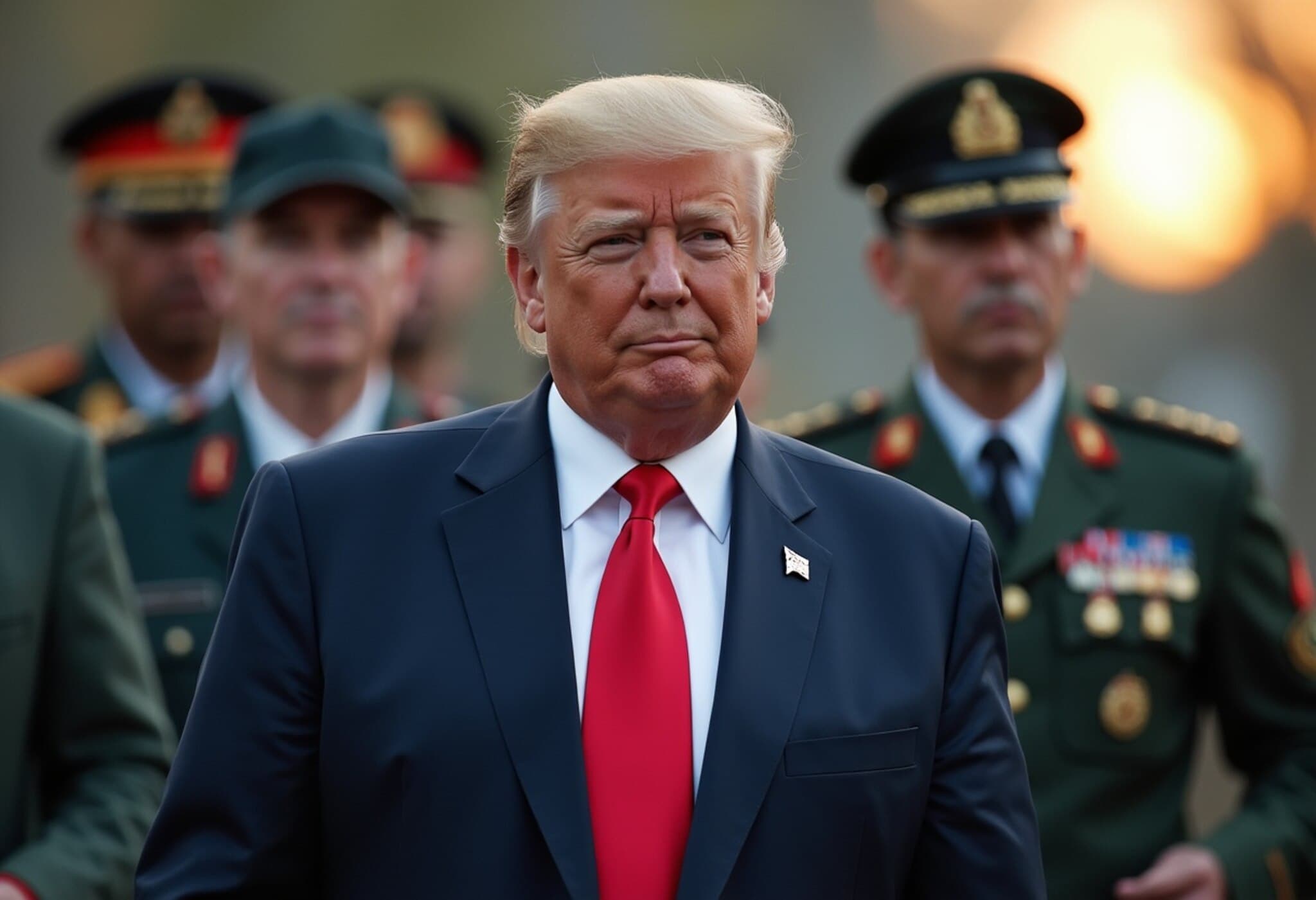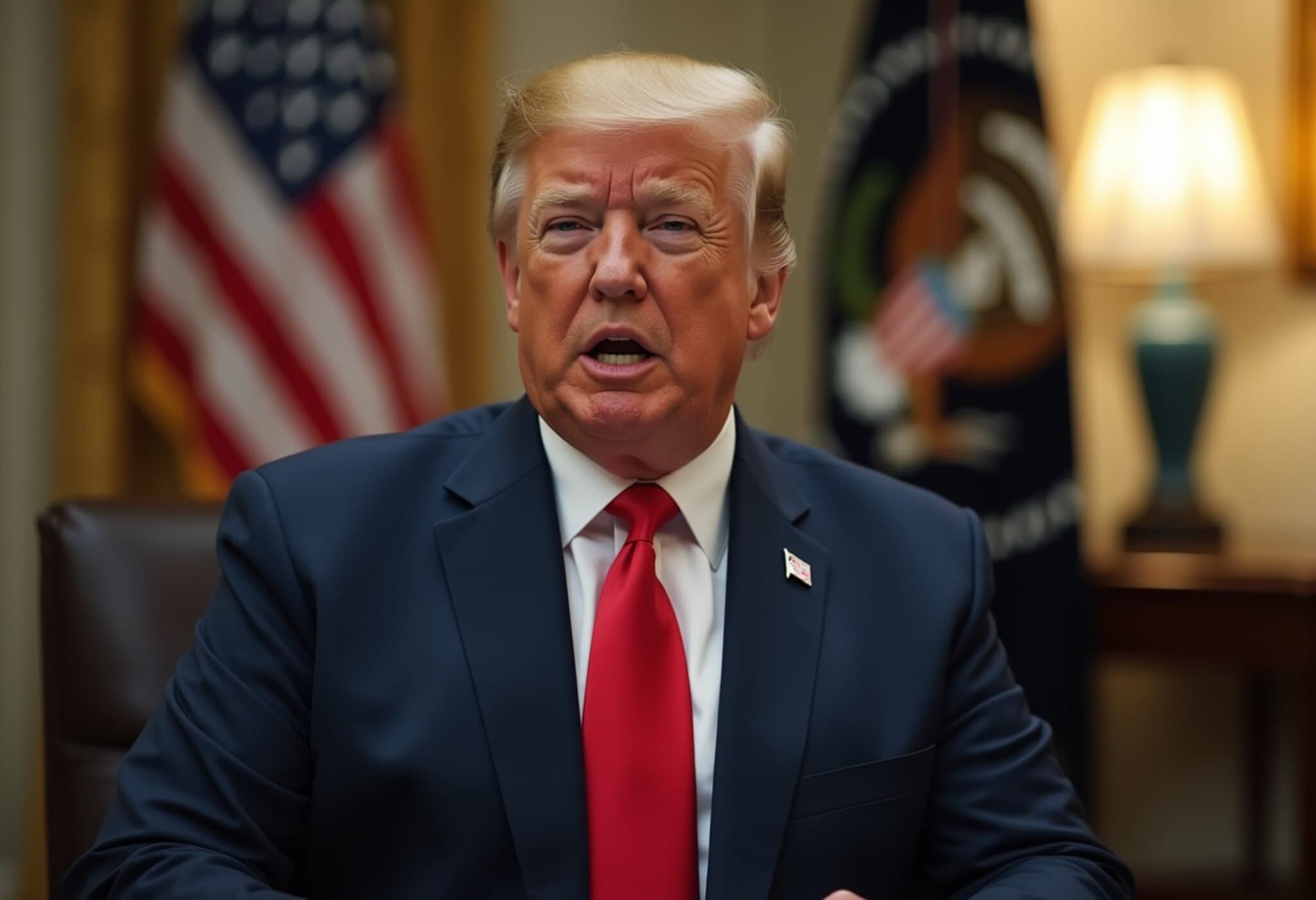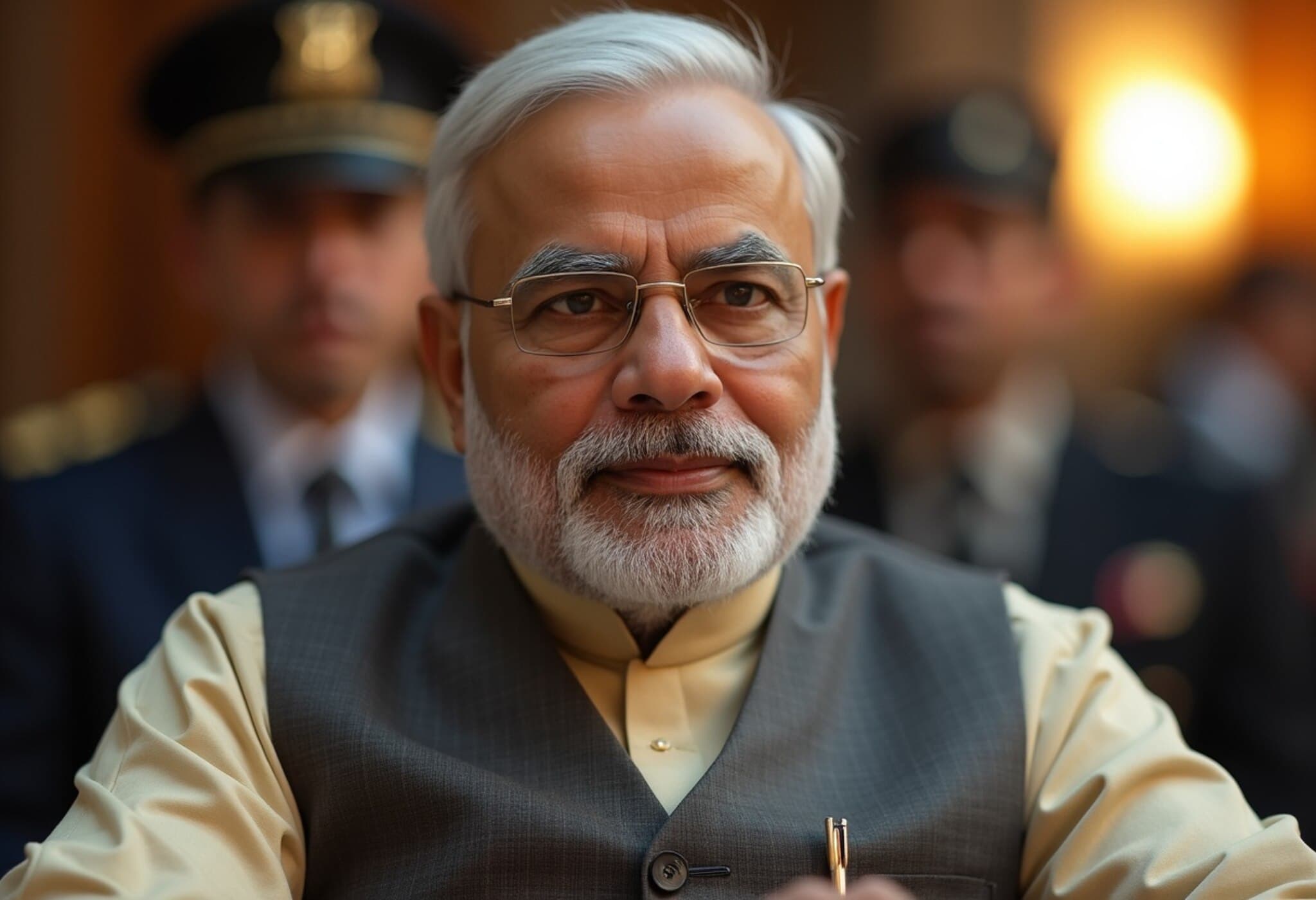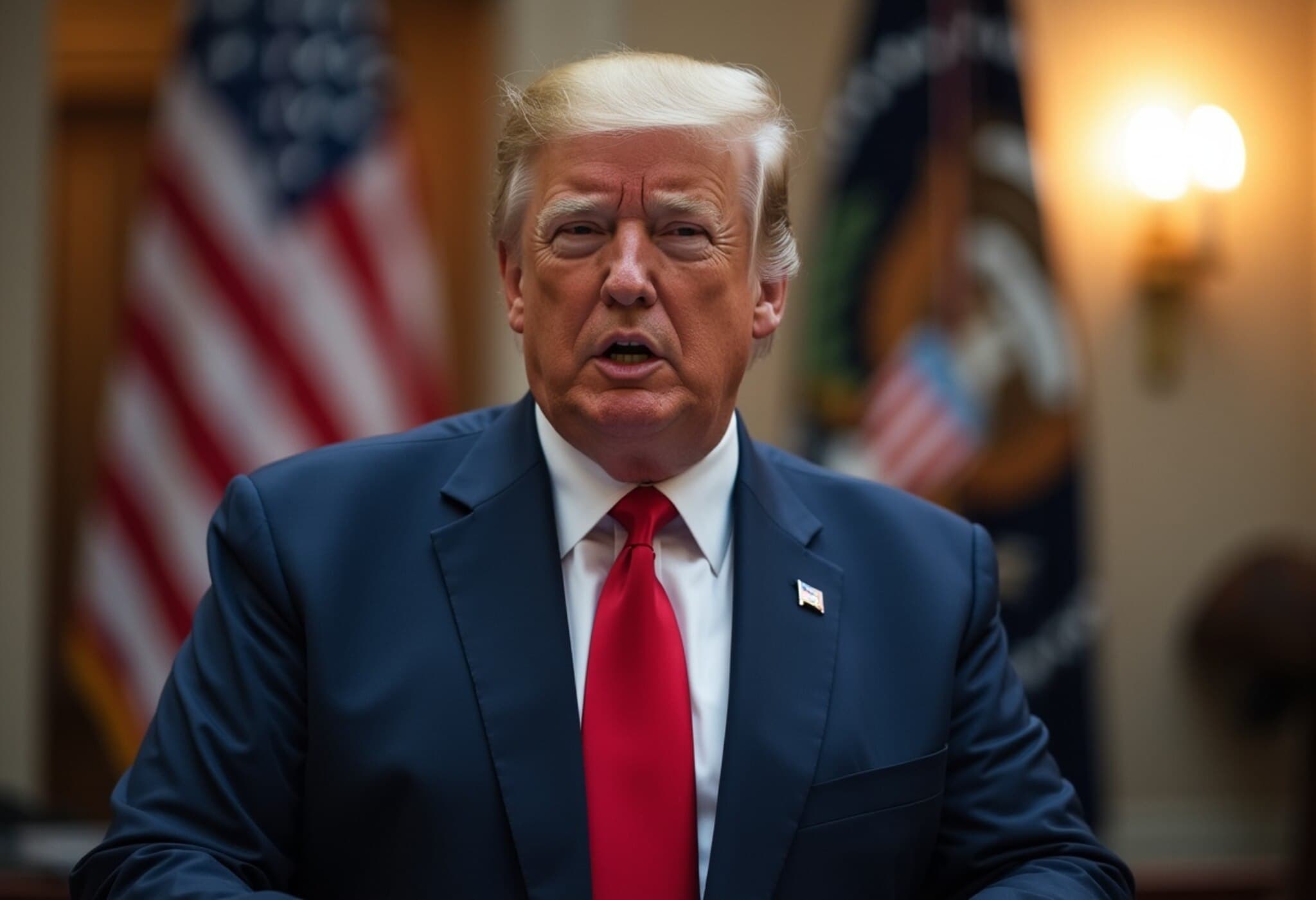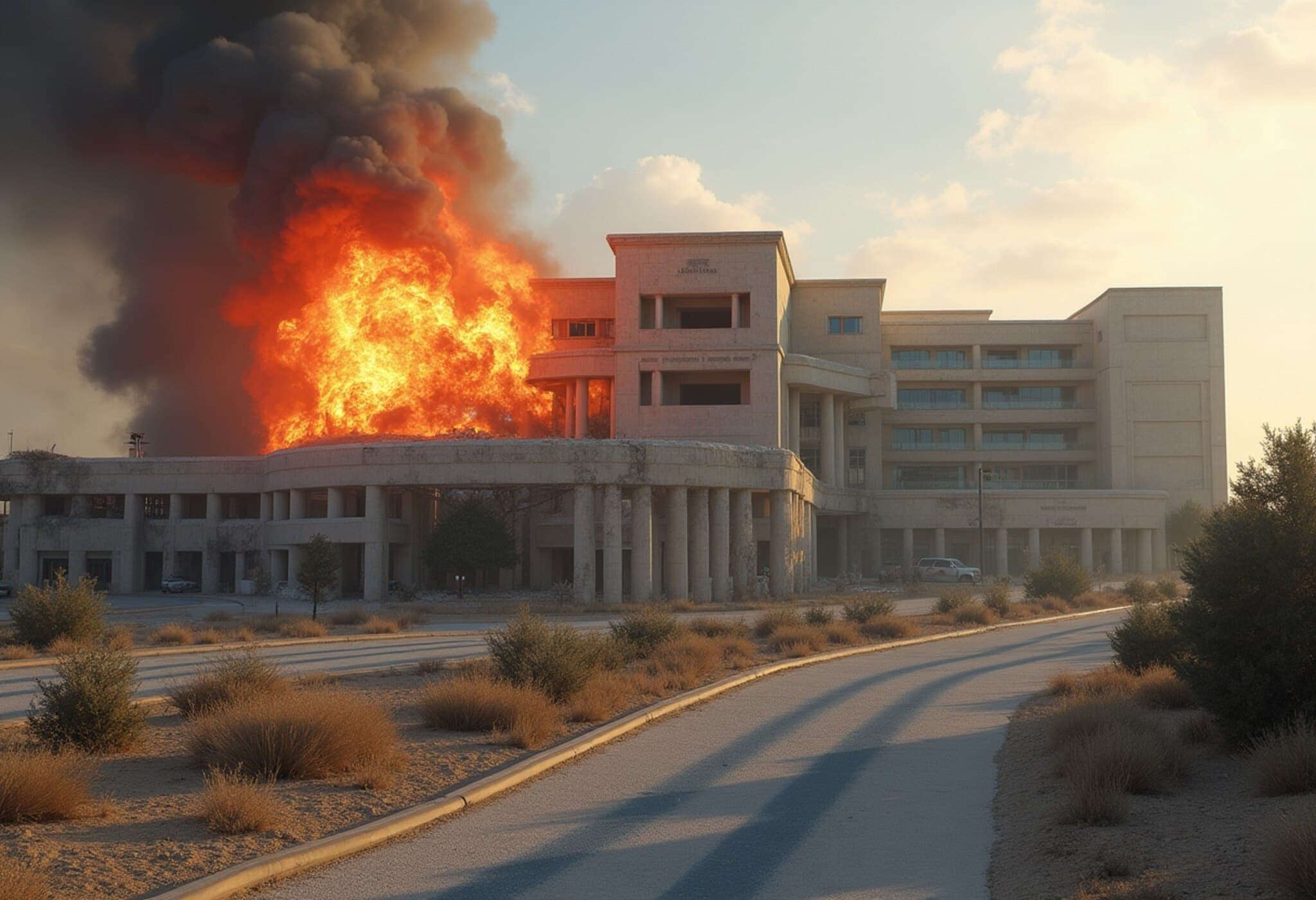Trump and Field Marshal Munir Meet at White House: A Strategic Pivot
A recent meeting at the White House between former President Donald Trump and Pakistan's Chief of Army Staff, Field Marshal Syed Asim Munir, has captured the attention of global geopolitical observers. What started as a brief luncheon evolved into an extensive discussion touching on counter-terrorism, trade, and regional stability — signaling potential shifts in South Asia’s delicate balance of power.
Key Players and Extended Talks
Attended by senior officials including the US Secretary of State and Pakistan’s top intelligence chiefs, the gathering extended beyond the initial hour, underscoring its significance. Official statements highlighted cooperation on peace and combating terrorism, yet underlying themes focused heavily on regional tensions caused by ongoing conflicts involving Iran, Israel, and the persistent India-Pakistan dynamics.
Strategic Interests: Iran and Beyond
Trump appears to view Pakistan as a valuable strategic partner amid escalating tensions in the Middle East. With heightened Israeli airstrikes targeting Iran’s nuclear facilities and the possibility of US military involvement on the horizon, Pakistan’s border with Iran has become crucial. Sources reveal that Trump pressed Munir for access to Pakistan’s airspace and intelligence sharing related to Tehran, leveraging Pakistan’s unique role as host to Iran’s US interests section.
In exchange, Washington hinted at providing advanced military hardware and economic incentives designed to draw Pakistan away from its traditional alignment with China and its involvement in Russia-led alliances. This maneuver indicates a broader US strategy to contain Chinese influence and enhance its foothold in a geopolitically sensitive region.
Economic and Military Cooperation
Beyond military cooperation, the talks explored expanding trade in key sectors such as critical minerals, cryptocurrency, artificial intelligence, and energy. Trump’s administration aims to integrate Pakistan more deeply into US-led markets, potentially bolstering Pakistan’s faltering economy. Meanwhile, military modernization remains a top priority for Munir, who reportedly sought US assistance for new defense technologies, including drones and missile defense systems.
The India Factor and Regional Stability
Munir’s recent role in facilitating a ceasefire between India and Pakistan in May 2025 received commendation from Trump, serving as a counter to New Delhi’s accusations of Pakistani-sponsored cross-border terrorism. This diplomatic success potentially empowers Pakistan’s position but also raises concerns in India regarding shifting regional allegiances as US-Pakistan ties thaw.
Moreover, Munir urged efforts to ease Iran-Israel tensions, warning that escalating conflict could destabilize the broader region. His invitation to Trump to visit Pakistan further reflects Islamabad’s aspiration to strengthen bilateral relations and raise its diplomatic profile on the world stage.
Implications for South Asia and Beyond
The Trump-Munir summit underscores a nuanced recalibration in US policy towards Pakistan, driven by mutual interests amid global turmoil. For the United States, renewing ties with Pakistan serves as a strategic hedge against Iranian hostilities and Chinese expansion, while offering new avenues for economic and military partnership.
For Pakistan, the engagement offers a potential lifeline for its struggling economy and a chance to modernize its military arsenal, though it must carefully balance this newfound alignment without alienating traditional allies like China and Iran.
Meanwhile, India faces fresh challenges as Washington’s diplomacy appears inclusive of Pakistan and attentive to Iran, potentially complicating New Delhi’s regional strategy.
In essence, the meeting reflects a high-stakes geopolitical chess game, with both leaders employing savvy diplomacy to reposition their countries amid shifting alliances and emerging threats.








